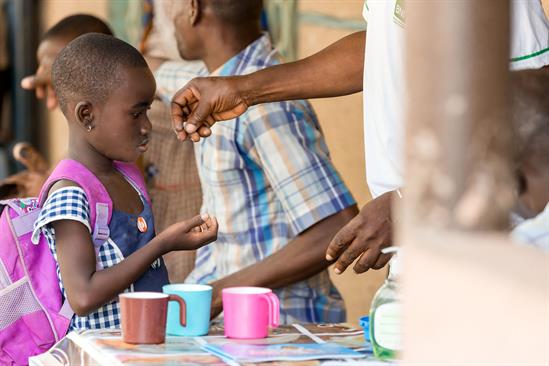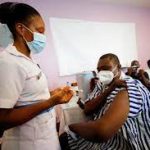Africa has taken the fight to end Neglected Tropical Diseases (NTDs) a step higher by pooling over 80 countries and organisations to make various levels of commitments to ending the suffering caused by the group of diseases that affect more than one billion people globally, primarily in vulnerable communities.
The commitments were delivered through the endorsement of the Kigali Declaration on NTDs which marked its third anniversary on Tuesday. Three years after its historic launch by Rwanda’s President, Paul Kagame, the Kigali Declaration on NTDs has catalysed significant political will across the continent, cross-sector collaboration, and more than US$1.8 billion in financial and in-kind support.
Endorsements have grown substantially, from 57 entities in 2022 when the Kigali Declaration was launched to 84 today, demonstrating sustained and growing global support at the highest levels. Country leadership remains central to progress, with new signatories continuing to join the Declaration. Sudan recently became a signatory, showcasing their continued political engagement and national commitment to ending these debilitating diseases.
Currently, Uniting to Combat Neglected Tropical Diseases (NTDs), a global advocacy organisation is working with over 150 partners around the world to create the political will and to foster an enabling environment for change to collectively address the NTD crisis by mobilising resources in support of the World Health Organization’s NTD road map and the UN’s Sustainable Development Goals.
Africa bears a significant burden of NTDs, with nearly 40% of the global burden originating from the region. These diseases have a profound impact on health, education, and economic productivity.
“We can confidently say this is not where we started, and that’s worth celebrating. Every decision by a country to endorse the Kigali Declaration represents a step toward eliminating diseases that continue to devastate lives. What we need now is concrete, sustained commitment to go further and faster. That’s exactly what it will take to reach the goal of eliminating NTDs by 2030,” Dr. Isatou Touray, Executive Director of Uniting to Combat Neglected Tropical Diseases said.
Yet as the global community celebrates the progress achieved to date, it is also urgently working to respond to large-scale cuts to official development assistance (ODA) that now threaten these achievements.
The declaration has also seen sustained commitment from the pharmaceutical industry, committing more than 28 billion units of medicine to prevent and treat NTDs through 2030. Notable recent milestones include Merck’s delivery of its five billionth donated dose of Mectizan, GSK distributing its 12 billionth donated dose of albendazole, and Novartis nearly doubling its investment in research and development for NTD treatments.
Also, the European and Developing Countries Clinical Trials Partnership (EDCTP) announced a €46 million fund dedicated to NTD research earlier this year.
To ensure transparency and accountability, the Kigali Declaration Commitment Tracker, (the world’s only publicly accessible online financing tracker dedicated to NTDs) continues to serve as a critical tool. It enables stakeholders to monitor progress, track funding, and inspire additional investments essential for sustaining momentum toward the 2030 targets.
While the global community celebrates these achievements, recent developments in the global financial landscape pose severe challenges, with major cuts in ODA—particularly from key donors such as the United States—having severe impacts on funding available for delivering vital medicines. Without immediate intervention, more than a million donated drugs are at risk of expiration during the next nine months, potentially leaving millions of vulnerable people untreated.
This threat comes even as recent global health successes underscore the effectiveness and critical importance of sustained NTD investment.





